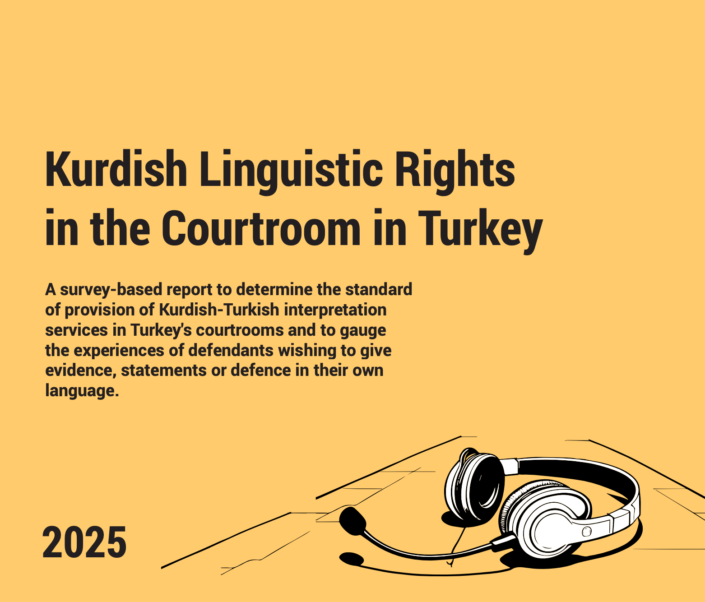Four out of five Kurdish speakers report on discrimination in Court cases
PEN Norway’s report, Kurdish Linguistic Rights in Courtrooms in Turkey, has examined the possibility for Kurdish speakers to use their native language in court cases. A total of 226 Kurdish-speaking journalists, writers, and civil society actors participated in the study. The Kurds are the largest ethnic and linguistic minority in Turkey. For decades, they have been denied the right to their own language and identity in public spheres.
Recommendations:
1. It is recommended by PEN Norway that the authorities in Turkey establish an independent body to train, examine (bi-annually) and maintain a register of qualified interpreters in Kurdish-Turkish legal interpreting. Serious attempts should be made to ensure gender balance on said register.
2. We further recommend that courses be offered not only in Kurdish and Turkish legal interpreting, but for all languages supported in the courts in Turkey. An example is PEN Norway’s workshop held in conjunction between TOHAV (Toplum ve Hukuk Araştırma Vakfı) beginning 14 October, 2024 in Istanbul, Turkey, in which 15 interpreters received 12 training sessions focusing on the law in general, on sight translation, Turkish-Kurdish and Kurdish-Turkish written, consecutive and simultaneous interpreting, as well as an initial lecture on ethics and impartiality in relation to courtroom interpreting.
3. We further recommend that a committee of experts should be established to assess the need for an independent institution to initiate and oversee examinations for a qualification in interpreting and translating in the courtroom.
4. It is recommended that the UK’s Institute of Linguists and its DPSI (Diploma in Public Service Interpreting) is taken as a model and that care is taken and investment made to consult and to begin to implement such a system via an independent institution in Turkey.
5. We would recommend that, whilst the Kurdish language remains such a source for discrimination in the judicial system, steps are taken to further protect and ensure the rights of its speakers in the courts at every level in Turkey, either by way of the establishment of a category for signatories to the Charter on Regional or Minority Languages that can be signed (and on examination, current signatories have the option to ‘select’ the categories they wish to implement) by member states of the Council of Europe rather than only the EU, or by way of more stringent articles being added to existing legislation in order to address the lack of regulation of interpreting in the courtrooms in Turkey.
6. We would recommend that the authorities in Turkey enter into dialogue with the relevant offices in the Council of Europe’s Directorate-General for Neighbourhood and Enlargement Negotiations in order to discuss funding and training for such crucial reforms in the securing of linguistic rights within the judicial system in Turkey
Report findings:
- 99% of defendants surveyed were not informed by the police taking their initial statements (so many of which go on to constitute the basis of entire indictments) of their right to give their statements in their first language
- Prior to their giving a statement, the charges were not explained to 62% of defendants surveyed in their first language, or in a language that they could best understand
- 52% of defendants surveyed expressed the wish to use their first language (either during the giving of their statement or during their trial). However, 63% of those requesting was denied
- 78% of defendants surveyed did not think the interpreter accurately conveyed their statements (spoken testimony) to the court
- 68% of the defendants surveyed stated that the judge made remarks about their request to use Kurdish, many of which, when one looks at the narrative answers, were derogatory, referring to Kurdish at best as an ‘unknown language’
- The court documents were not explained to 99% of defendants surveyed in their first and best-known language.
- 53% of defendants surveyed were advised to forgo an interpreter in order to speed up proceedings.
- 47% of defendants believed that an inadequacy in being able to understand or being understood affected the outcome of the trial.
About PEN Norway’s Turkey work
The situation for freedom of expression in Turkey has deteriorated over the past ten years, with an increasing number of arrests of journalists, writers, lawyers, and other civil society actors. PEN Norway has worked to promote freedom of expression and rule of law in Turkey for over 30 years, in close collaboration with local partners.
PEN Norway’s work focuses particularly on rule of law for journalists , writers and other civil society actors, through research, capacity building, and advocacy work. This includes observing and monitoring relevant trials freedom, studying indictments in collaboration with legal experts, building capacity of legal professionals, and supporting persons that has been silenced or imprisoned for using their exercising free expression.
Questions about the report or PEN Norway’s Turkey work? Contact us:

CAROLINE STOCKFORD
Turkey advisor
caroline@norskpen.no
Languages: English, Turkish
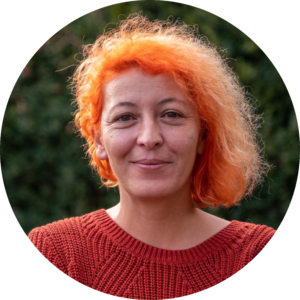
CEREN UYSAL
Legal Advisor
ceren@norskpen.no
Languages: English, Turkish

SIRI BERGE ENGERUD
Communications Advisor
siri@norskpen.no
Languages: Norwegian, English
Related news:
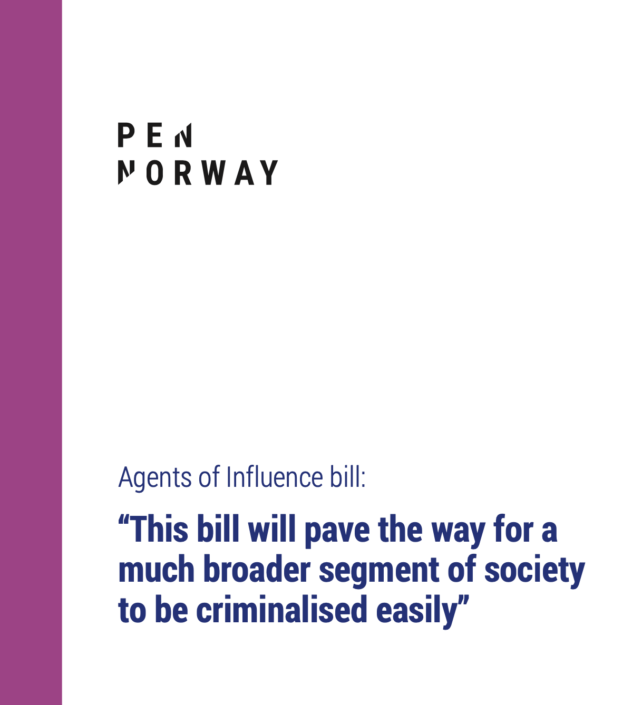
Tyrkias «Agents of Influence»-lov: En trussel mot ytringsfriheten
Artikkel: /av Siri Berge Engerud
Kurdiske journalister blir undertrykt, sier advokat Temur
Intervju:/av Siri Berge Engerud
En ny barriere for journalistikken: «Desinformasjonsloven»
Tyrkia: /av Siri Berge Engerud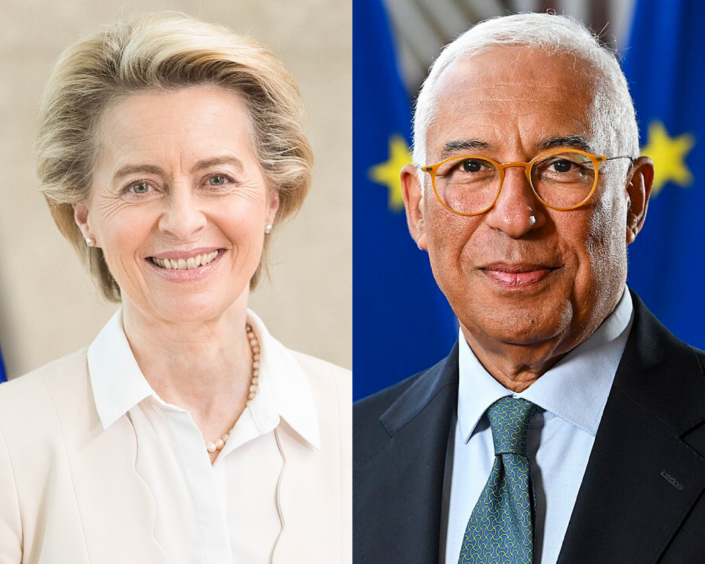
Støtten til sivilsamfunnet i Tyrkia må styrkes
Brev til EU:/av Siri Berge Engerud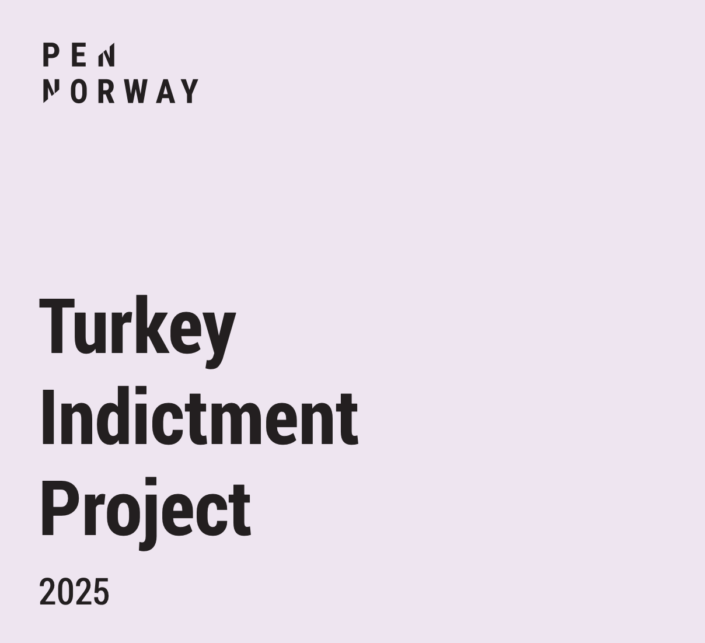
Urettferdig rettsprosess for ytrere
Tyrkia-rapport:/av Siri Berge Engerud